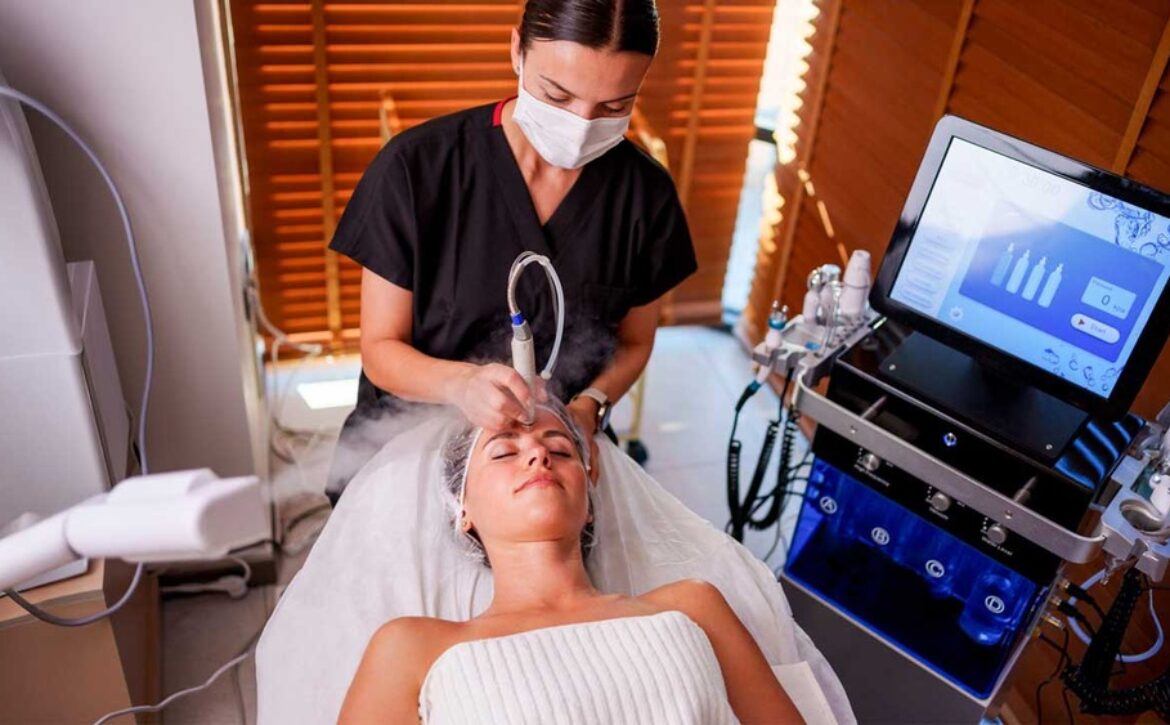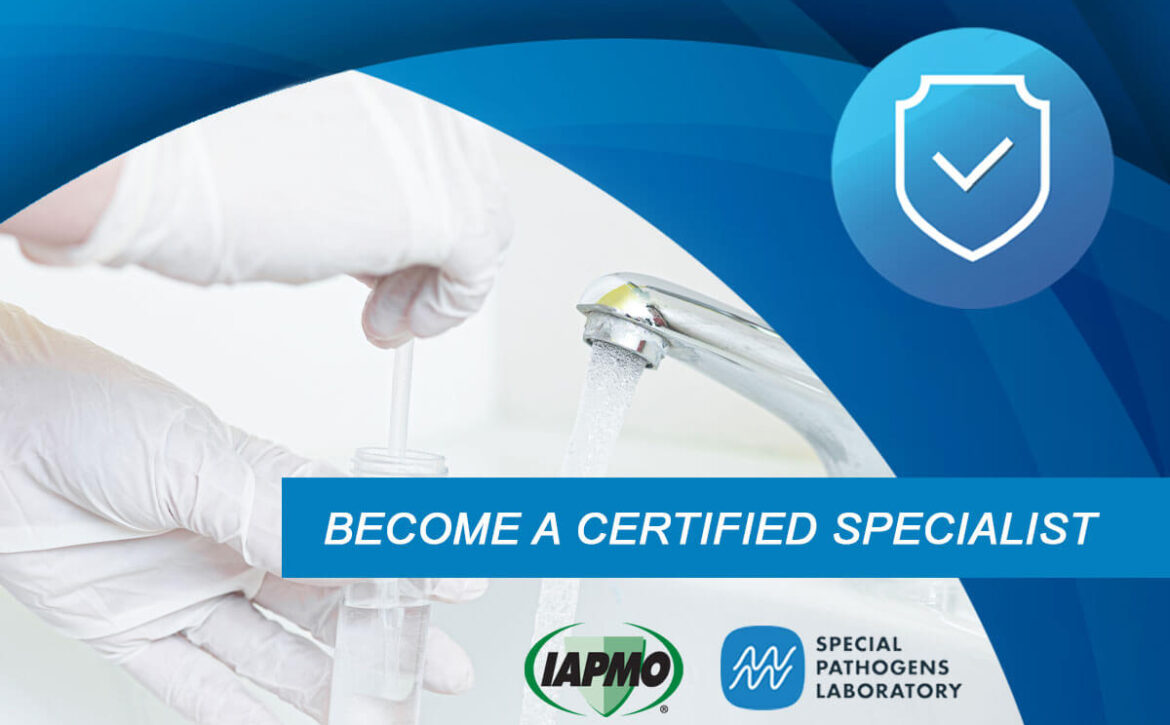
How to Become a Practice Nurse: Your Ultimate Guide
Are you passionate about healthcare and eager to make a real difference in people’s lives? Becoming a practice nurse might be the perfect path for you.
This rewarding career allows you to work closely with patients, providing essential care and support within a community setting. Imagine having the skills to not only address immediate health concerns but also promote long-term well-being. As you read this article, you’ll discover the steps to achieving your goal of becoming a practice nurse, along with insider tips to help you succeed.
Dive in to find out how you can turn your passion into a fulfilling profession that impacts countless lives.
Role Of A Practice Nurse
The role of a practice nurse is both dynamic and essential. They work alongside doctors, offering vital support in various healthcare settings. Practice nurses perform many tasks, ensuring patients receive comprehensive care. Their contribution is crucial in managing patient health and clinic operations.
Patient Care And Management
Practice nurses assess patient health and manage treatment plans. They monitor chronic conditions like diabetes or asthma. This ensures patients receive regular check-ups and necessary care. Practice nurses also educate patients on lifestyle changes and medication use.
Assisting In Clinical Procedures
They assist doctors during minor surgeries and medical procedures. This includes preparing the patient and sterilizing equipment. Practice nurses ensure everything runs smoothly in the clinic. Their presence helps maintain a calm and efficient environment.
Health Education And Promotion
Practice nurses play a key role in health education. They provide information on diet, exercise, and preventive care. This empowers patients to make informed health decisions. Practice nurses often lead group sessions or workshops on health topics.
Immunization And Vaccination
Administering vaccines is another important task for practice nurses. They ensure patients receive necessary immunizations on time. This helps prevent disease outbreaks and protects public health. Practice nurses also keep accurate records of vaccinations.
Collaboration With Healthcare Teams
Practice nurses collaborate with doctors, specialists, and other healthcare professionals. This teamwork ensures comprehensive patient care. They communicate patient needs and changes in condition. This collaboration improves overall healthcare outcomes.
Educational Pathway
Embarking on the journey to become a practice nurse is both exciting and rewarding. Your educational pathway is the foundation of your career, shaping your skills and knowledge. It’s crucial to understand the steps involved to prepare effectively for this fulfilling role.
Nursing Degree Options
Choosing the right nursing degree is your first step. You can opt for a Bachelor of Science in Nursing (BSN) or an Associate Degree in Nursing (ADN). Both degrees pave the way to becoming a registered nurse, but they differ in duration and depth.
A BSN usually takes four years and offers a comprehensive education, covering leadership and research. An ADN typically takes two years, focusing more on clinical skills. Consider what fits your lifestyle and career goals. Do you want a quicker path, or are you aiming for advanced roles in the future?
Licensure Requirements
After earning your degree, the next step is licensure. You must pass the NCLEX-RN exam to become a registered nurse. This exam tests your knowledge and readiness to provide safe and effective care.
Preparation is key. Many find that studying in groups or using practice exams helps. Reflect on your learning style. What study strategies work best for you? Once licensed, you’re ready to start gaining experience and honing your skills.
Becoming a practice nurse requires dedication, but each step brings you closer to a career filled with purpose. Are you ready to take the plunge and start your journey?
Essential Skills
Stepping into the role of a practice nurse is an exciting journey. It demands a blend of unique skills that cater to the dynamic healthcare environment. These essential skills are not just about technical know-how; they are about delivering compassionate and efficient care. Mastering these abilities can set you apart and elevate your practice nurse career.
Clinical Proficiency
Clinical proficiency is the cornerstone of your practice as a nurse. It involves having a strong grasp of medical procedures and treatments. You need to be confident in administering injections, dressing wounds, and monitoring vital signs.
Consider a scenario where a patient arrives with an unexpected allergic reaction. Your clinical skills should kick in immediately to assess and manage the situation effectively. This proficiency ensures patient safety and builds trust.
Communication Abilities
Effective communication is a vital skill that can transform patient interactions. You should be able to explain medical terms in simple language. This ensures patients understand their conditions and treatments.
Think about a time when a patient was anxious about a diagnosis. Your ability to listen empathetically and provide reassurance can make a significant difference. It’s not just about talking—it’s about connecting.
Organizational Skills
Organizational skills keep the healthcare environment running smoothly. You must manage appointments, maintain patient records, and prioritize tasks efficiently. This helps in providing timely care.
Imagine juggling multiple patient charts while a new emergency case arrives. Your organizational skills help in coordinating resources promptly. How do you plan to sharpen these skills to handle such scenarios?
Developing these essential skills is not just about career advancement. It’s about making a real impact in the lives of your patients. What steps will you take today to enhance your proficiency?

Gaining Experience
Gaining experience is crucial on your journey to becoming a practice nurse. Real-world experience is like the golden ticket that opens doors to better opportunities and helps you stand out in your field. How do you get this essential experience? Let’s dive into internships, placements, and volunteering opportunities. These paths will not only enrich your resume but also shape you into a well-rounded healthcare professional.
Internships And Placements
Internships are a great way to get your foot in the door. They offer hands-on learning and allow you to see firsthand how a healthcare facility operates. Many nursing schools provide internship opportunities as part of their programs. Have you explored these options yet?
Placements are similar, offering you the chance to work in different healthcare settings. You might find yourself in a bustling hospital, a quiet clinic, or even a community health center. These experiences help you discover your areas of interest and build a network of professional contacts. Are you ready to make the most of these opportunities?
Volunteering Opportunities
Volunteering is another effective way to gain experience. Many organizations, from local clinics to international health charities, welcome volunteers with open arms. It’s a chance to learn while making a positive impact in your community.
Consider volunteering in areas that interest you or where you feel you can learn the most. Whether it’s working with the elderly, assisting in community health programs, or supporting mental health initiatives, these experiences can be invaluable. Have you thought about the skills you’ll develop and the connections you’ll make through volunteering?
Gaining experience requires initiative and a willingness to learn. Every step you take brings you closer to becoming a proficient practice nurse. Are you ready to take these steps and make your mark in healthcare?
Certification Options
Certification options for practice nurses play a crucial role in career development. They open doors to advanced knowledge and skills. Understanding these options is vital for career advancement. This section explores specialty certifications and continuing education. It offers insights into how practice nurses can enhance their credentials.
Specialty Certifications
Specialty certifications help practice nurses gain expertise in specific areas. They focus on fields like pediatrics, geriatrics, and emergency care. Such certifications boost your credibility and job prospects. They require passing exams to prove your knowledge and skills. Getting a specialty certification shows dedication and commitment. It helps you stand out in the healthcare field.
Continuing Education
Continuing education is essential for staying updated in nursing. It involves courses, workshops, and seminars. These opportunities keep practice nurses informed about latest medical trends. Continuing education improves your competence and confidence. It is often required to maintain certifications. It ensures you provide the best care possible. Regular learning is key to professional growth.

Job Search Strategies
Aspiring practice nurses should focus on acquiring relevant qualifications and experience. Networking with healthcare professionals can open doors to opportunities. Tailoring your resume to highlight key skills and achievements is crucial in standing out.
Searching for a job as a practice nurse can feel overwhelming, but with the right strategies, it becomes manageable and even exciting. The healthcare sector is vast, and you need a targeted approach to stand out. Let’s dive into some effective job search strategies to help you secure that dream position.
Networking Tips
Building a strong network is crucial in the healthcare industry. Attend local healthcare events and join nursing associations to meet other professionals. Many jobs are filled through word-of-mouth, so let people know you’re looking for a position. Use social media platforms like LinkedIn to connect with healthcare professionals. Engage with their content and share your insights to become visible. Have you considered reaching out to your nursing school classmates? They might have leads or advice that can help you. Don’t underestimate the power of informational interviews. Reach out to experienced practice nurses and ask for a short meeting to learn about their career paths. You’ll gain valuable insights and perhaps even a referral.
Interview Preparation
Preparation is key to a successful interview. Research the healthcare facility thoroughly and understand its values and culture. This knowledge will help you tailor your answers to show you’re a great fit. Practice common interview questions with a friend or mentor. Focus on your experiences and how they make you a strong candidate for the role. Remember, confidence and clarity in your responses can make a big impression. Have you thought about preparing questions for your interviewers? Ask about the team dynamics or the support for continuing education. This shows you’re genuinely interested in the role and the organization. By implementing these strategies, you’re positioning yourself to not only find job opportunities but also to excel in your career as a practice nurse. Now it’s your turn to take action and make your mark in the healthcare industry.
Advancing Your Career
Embarking on a journey to become a practice nurse involves specialized training and certification. Building essential skills and gaining experience in clinical settings are key steps. Pursue relevant nursing courses and engage in hands-on practice to enhance expertise and patient care capabilities.
Advancing your career as a practice nurse opens many doors. You can explore leadership roles or further education opportunities. These paths can enhance your skills and increase your impact on healthcare.
Leadership Roles
Leadership roles are a natural step for experienced practice nurses. You may take charge of a team or manage a department. Leadership involves guiding others and improving patient care. Strong communication and decision-making skills are essential. Many nurses find satisfaction in mentoring newcomers. This role requires confidence and a proactive attitude.
Further Education Opportunities
Further education can significantly boost your nursing career. Courses like advanced practice nursing are available. You might consider a master’s degree. Specialized training can offer new skills and knowledge. This education can prepare you for challenging roles. Scholarships and grants can support your studies. Online programs make learning flexible and convenient.
Challenges In Practice Nursing
Practice nursing offers rewarding experiences and essential healthcare roles. But it also brings challenges that require skillful navigation. Understanding these obstacles is crucial for aspiring practice nurses.
Work-life Balance
Maintaining work-life balance can be difficult in practice nursing. Long hours and patient demands often stretch personal time. Nurses need to manage their schedules effectively. Prioritizing tasks helps prevent burnout. It’s important to set boundaries. Personal time is essential for mental health and well-being.
Managing Patient Expectations
Patients often have high expectations. They seek quick solutions and attentive care. Practice nurses must communicate clearly. Explain treatment plans and realistic outcomes. Building trust with patients requires patience. Listening to concerns is vital. Nurses must balance empathy with professional boundaries.
Benefits Of Being A Practice Nurse
Becoming a practice nurse offers diverse career opportunities and a chance to make a meaningful impact on patients’ lives. Enjoy a stable work environment with regular hours and the satisfaction of promoting community health.
Embarking on a career as a practice nurse offers numerous benefits that enrich both your professional and personal life. The role is dynamic, often providing you with a fulfilling sense of purpose and the opportunity to make a tangible difference in your community. As you navigate this rewarding path, you’ll find that the perks of being a practice nurse go beyond the typical job expectations. Let’s dive into some of the most compelling advantages.
Job Satisfaction
Being a practice nurse allows you to witness the immediate impact of your work. Picture this: a patient walks into your clinic, anxious and unsure. By the time they leave, they’re equipped with the knowledge to manage their health better, thanks to your guidance. That’s the kind of job satisfaction that fuels your day and keeps you motivated. You’ll find yourself building meaningful relationships with patients. They come to trust you and rely on your expertise, which is incredibly rewarding. Feeling appreciated in your role can lead to higher motivation and a positive work atmosphere. Think about it—how many professions allow you to directly influence someone’s well-being every day? Practice nursing is unique in this regard, offering a deep sense of purpose that few other careers can match.
Diverse Work Environment
As a practice nurse, you won’t be confined to a monotonous routine. Your work environment is diverse, full of varied tasks and challenges that keep each day interesting. You might be educating patients one moment and assisting with minor procedures the next. You’ll interact with a wide range of people from different backgrounds and age groups. This diversity enriches your perspective and enhances your communication skills, making you a more effective healthcare provider. The multidisciplinary nature of the job lets you collaborate with doctors, specialists, and other healthcare professionals. This teamwork cultivates a supportive environment and fosters learning and development. How does working in such a dynamic setting sound to you? It’s an opportunity to grow both professionally and personally. In this role, no two days are the same, ensuring that your work life is far from mundane. Wouldn’t you prefer a career that keeps you engaged and continually learning over one that falls into a repetitive pattern?

Frequently Asked Questions
What Qualifications Do I Need To Become A Practice Nurse?
To become a practice nurse, you need to be a registered nurse. This requires a degree in nursing and passing the NCLEX-RN exam. Some employers may also prefer additional certification in primary care or similar fields. Continuing education is essential for career advancement.
How Long Does It Take To Become A Practice Nurse?
Becoming a practice nurse typically takes about 3-4 years. This includes completing a nursing degree and passing the NCLEX-RN exam. Some may take additional time for specialized training or certifications. On-the-job experience also plays a crucial role in career development.
What Skills Are Essential For A Practice Nurse?
Essential skills for a practice nurse include excellent communication, empathy, and clinical skills. They must also be adept at patient assessment and care planning. Organizational skills and the ability to work in a team are crucial. Continuous learning and adaptability are important for growth in this role.
How Does A Practice Nurse Differ From A Hospital Nurse?
A practice nurse usually works in a community setting, focusing on preventative care. They handle long-term patient relationships and chronic condition management. Hospital nurses often work in fast-paced environments, dealing with acute care situations. Both roles require strong clinical skills but differ in patient interaction and care focus.
Conclusion
Becoming a practice nurse involves dedication and passion for healthcare. Start with the right education and certification. Gain experience in clinical settings to enhance your skills. Always stay updated with new medical practices and technologies. This career path offers a chance to make a real difference.
Helping patients and supporting their healthcare journey. It’s rewarding and challenging at the same time. Remember, each step taken brings you closer to your goal. So, keep learning and growing. Your journey to becoming a practice nurse is both meaningful and impactful.
Enjoy every moment of it.





